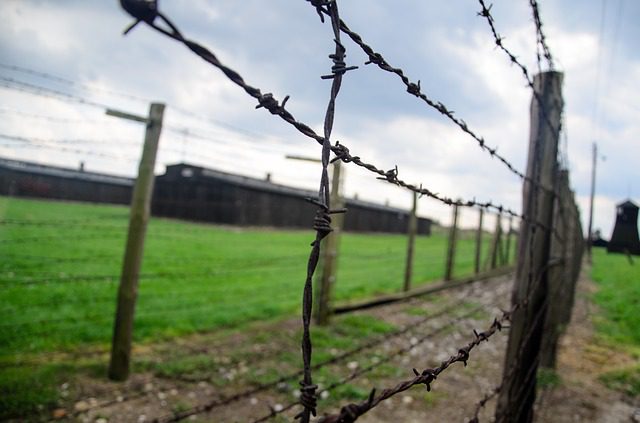It’s done. Sort of. The story of a killer. It was one-part true crime, and one-part pure gospel. It was, at best, a true conversion story; and at worst, a glimpse of the dark side of our justice system.
Kelly Gissendaner was sentenced in the murder of her husband. She persuaded her then-boyfriend to do the killing–but when all was said and done, the killer took a plea deal that afforded him life in prison, and landed her on death row. You tell me that is not truly effed up.
In the 18 years since, Gissendaner has been on a journey of transformation. She found faith in prison. Pursued a theological education. Became a pastoral presence to the other inmates. And somehow, miraculously, built a relationship with her now-adult children. The good and bad news about this process is that she has become the face–the poster child–for how the justice system *should* work toward rehabilitation; and, on the flip-side, how that same system can fail, even when it is working. What Kelly’s story proves is this: our justice system, driven by some perverse human impulse, is more devoted to retribution than restoration. And it is costly.
Christians everywhere–from the most conservative to the most progressive, even down to the Pope (who we are not going to talk about today, because we are SO disappointed in him)– called for her pardon. Not her release–just a stay of execution. Because she is the very image of what “restorative justice” can and should look like.
On the one hand, they are right–we shouldn’t execute someone who has clearly experienced a dramatic transformation of faith and humanity.
On the other hand–it is fundamentally problematic to say that the reason we should NOT KILL A PERSON is because they’ve found Jesus.
As Christians, we are for mercy. Not because they know Jesus. But because we do. I wrote another post to that effect awhile back, after the second appeal postponed Gissendaner’s death for awhile longer. The whole worthiness narrative of Christianity is a problem.
I stand by that position, and it bears repeating.
But now that she is dead anyway–now that a beating heart has been stopped by the hand of a government machine–can we really say “it is finished?” When there are other beating hearts just waiting in line for their turn at the chair, the syringe, even the firing squad? (yay, Oklahoma… you sick *%&#@s).
No, this work is far from finished. Kelly Gissendaner’s was one life that might have been saved; and one story that was easy to tell, because everyone loves a conversion story. But this state-sanctioned massacre is far from over.
Change the narrative, for just a moment. Look at the most hardened, heinous, unrepentant criminals in the system. The ones whose crimes keep us up at night. The ones who show no remorse. The ones who did not pretty much become chaplains after a cinematic “come to Jesus” moment. For them, assume their is no shred of “Worthiness” that might merit sparing their lives.
Other than their inherent worth as a child of God. Is that not enough? Is that dim light of createdness, the one that bears the image of the holy, not reason enough to stop this barbaric practice, once and for all?
For many, it is not. For many, it is vengeance, above all… Because we’ve seen too many cowboy movies I guess.
But what about this? What about the alarming statistics about the number of innocent people on death row? What about this man who, this very day, will be killed in the state of Oklahoma (again with those guys) regardless of the extremely high likelihood that he is innocent?
Yet still we kill.
All of this–the human potential for transformation; the inherent holiness of all humanity; and the high margin of error that accompanies a large and fallible system–any one of these truths would be reason enough to stop the madness that is capital punishment.
But.
For me there is even another reason–one that cannot be argued against by anyone, regardless of their faith, or lack of; regardless of their political leanings; regardless of whether or not they’ve seen “Dead Man Walking,” or “The Life of David Gale” or “The Green Mile.”
It is simply this:
The death penalty makes killers of us all.
From the jury that convicts to the judge who hands down to the sentence; from the the one who pulls the lever or gives the shot to the taxpayer that enables the whole, hellish process; from the victim’s family, made vulnerable in their grief and crying for “justice,” to the secretary who handles the paper work; from the news anchor at the door to the “witness” signature on the death certificate–this whole cruel and twisted practice leaves so many more victims than the ones who gather in the court room; and so many more perpetrators than the ones who die for their sins.
This blood, in some way, is on all of our hands. And as long as someone is pulling the lever, or injecting the toxins, this is all far from over.













